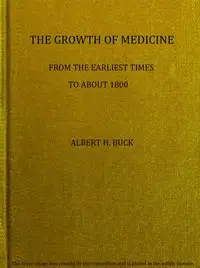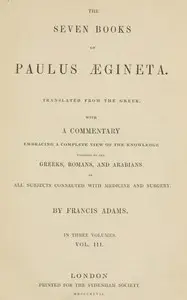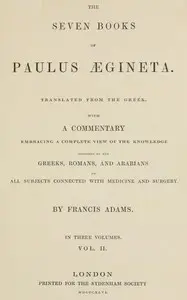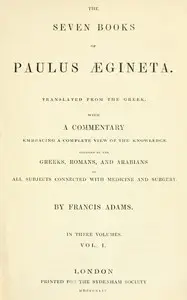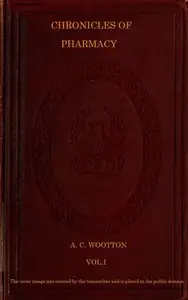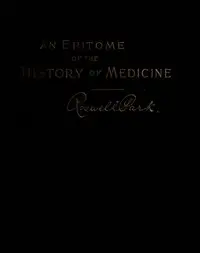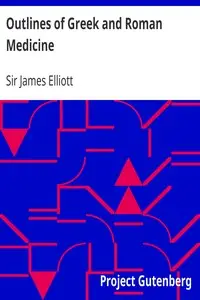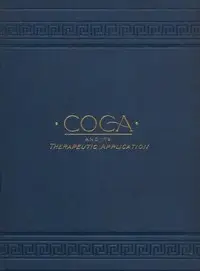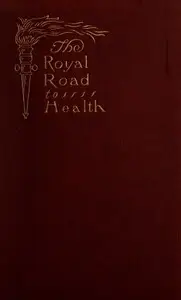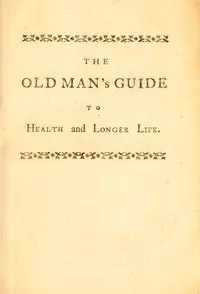"Of Medicine, in Eight Books" by Aulus Cornelius Celsus is a detailed exploration of medical wisdom from the 1st century AD, acting as a handbook for doctors and academics into the health and medical viewpoints of old Rome that incorporates philosophy, food, medical procedures, and surgical methods. The writing starts by explaining how crucial medicine is, relating it to farming ideas and the history of treating illnesses. Celsus talks about how medicine changed from basic ways to a more organized system, naming important people like Hippocrates and the philosophical foundations of medical care, and he divides medicine into three main areas: diet, medicine use, and surgery that highlights how vital it is to have both knowledge and real-world experience to be a good doctor; this introduction prepares readers for thorough talks in later books, giving a deep historical base for medical actions of that era.
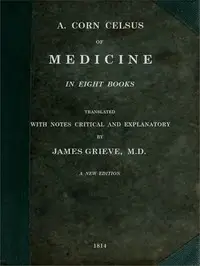
Of Medicine, in Eight Books
By Aulus Cornelius Celsus
Travel back to ancient Rome to explore a comprehensive guide to medicine, where the foundations of diet, pharmacy, and surgery intertwine with philosophical insights and historical context.
Summary
About the AuthorAulus Cornelius Celsus was a Roman encyclopaedist, known for his extant medical work, De Medicina, which is believed to be the only surviving section of a much larger encyclopedia. The De Medicina is a primary source on diet, pharmacy, surgery and related fields, and it is one of the best sources concerning medical knowledge in the Roman world. The lost portions of his encyclopedia likely included volumes on agriculture, law, rhetoric, and military arts. He made contributions to the classification of human skin disorders in dermatology, such as myrmecia, and his name is often found in medical terminology regarding the skin, e.g., kerion celsi and area celsi. He is also the namesake of Paracelsus, a great Swiss alchemist and physician prevalent in the Medical Renaissance.
Aulus Cornelius Celsus was a Roman encyclopaedist, known for his extant medical work, De Medicina, which is believed to be the only surviving section of a much larger encyclopedia. The De Medicina is a primary source on diet, pharmacy, surgery and related fields, and it is one of the best sources concerning medical knowledge in the Roman world. The lost portions of his encyclopedia likely included volumes on agriculture, law, rhetoric, and military arts. He made contributions to the classification of human skin disorders in dermatology, such as myrmecia, and his name is often found in medical terminology regarding the skin, e.g., kerion celsi and area celsi. He is also the namesake of Paracelsus, a great Swiss alchemist and physician prevalent in the Medical Renaissance.

